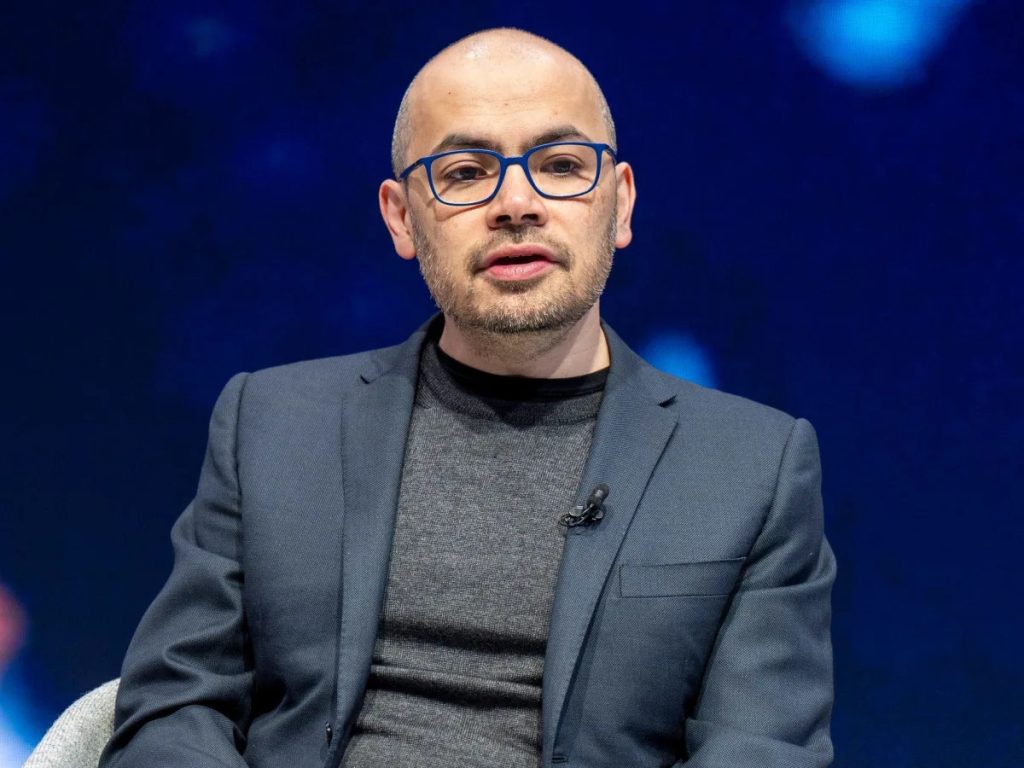Google DeepMind’s CEO says undergraduates should spend their time “learning to learn.”
Change will be the only constant in the next decade, Demis Hassabis told students at Cambridge.
Upon graduation, students should know their passions and the core fundamentals, he said.
University of Cambridge students submitted questions to Google DeepMind CEO Demis Hassabis earlier this year, and many of them wanted to know how they should focus their time in the age of AI.
His advice? Spend your time “learning to learn.”
“I think really understanding — using the time you have as an undergraduate to understand yourself better, and how you learn best,” Hassabis said in an interview at Queens’ College, Cambridge. Adaptability, or “how to pick up new material really quickly and getting adept at that,” is key, he said.
Hassabis, who graduated from Cambridge and sat for an interview with Professor Alastair Beresford in March, said that today’s college students will be entering a world where the only predictable factor is “an incredible amount of disruption and change,” because of developing technologies. He also offered his view on which industries he expected to grow.
“I would say especially AI, but also VR, AR, you know, quantum computing,” he said. “All of these things are sort of looking like they’re going to be promising in the next five to 10 years.”
Anytime there is change, he added, there is also “huge” opportunity.
“I think we’re about to enter a period like that, perhaps like in the ’90s when we were graduating, you know, it was the internet, and mobile, and gaming,” Hassabis said. “I think we’re in another one of those eras. So they’re very exciting, but you’ve got to be very nimble and embrace the new technologies that are coming down the line.”
Hassabis said students should focus on the fundamentals. Though there’s always likely to be a new fad, it’s better to avoid becoming distracted by things that could be “in fashion today, but out of fashion tomorrow.”
“I remember my favorite topics were things like computation theory and information theory, you know, studying things like Turing machines,” Hassabis said. “That stayed with me for my whole career, really. So, I like the kind of mathematical underpinnings and a lot of the traditional, foundational work.”
But students shouldn’t neglect their passions, either, he added. By the time they’re done with school, Hassabis said graduates should be able to “combine” deep knowledge of their interests with the core skills they’ve developed.
“In your spare time, you should be probably experimenting with whatever your passionate area is,” Hassabis said. “In my case, it would be AI. With all the tools that are coming out — and a lot of it’s very accessible and open source and so on — so that you really are up to speed with the absolute latest when you graduate.”
Hassabis suggested that graduate students develop expertise across a variety of fields. If they’re learning about AI, for instance, they should also know where best to apply it.
“I feel like multidisciplinary research is really going to come to the fore in the next sort of decade,” he said.
There’s likely to be a lot of “low-hanging fruit” where artificial intelligence and STEM fields intersect, he added, so it’s important to know enough about both subject areas to understand what the “right questions” are — as asking them could lead to breakthroughs.
“Picking the question is about having this sort of taste or smell, if you like, of intuition, of, ‘What is the right problem?’ Is it the right time to tackle that problem, as well?” Hassabis said. “Because timing can be really difficult. You don’t want to really be 50 years ahead of your time.”
And though Hassabis said you can’t really train that sixth sense, you can keep an open mind and be ready to jump at the opportunities when they do appear.
“They can come up from anywhere,” he said. “So that kind of goes with being multidisciplinary, exposing yourself to a wide range of ideas.”
Read the original article on Business Insider

